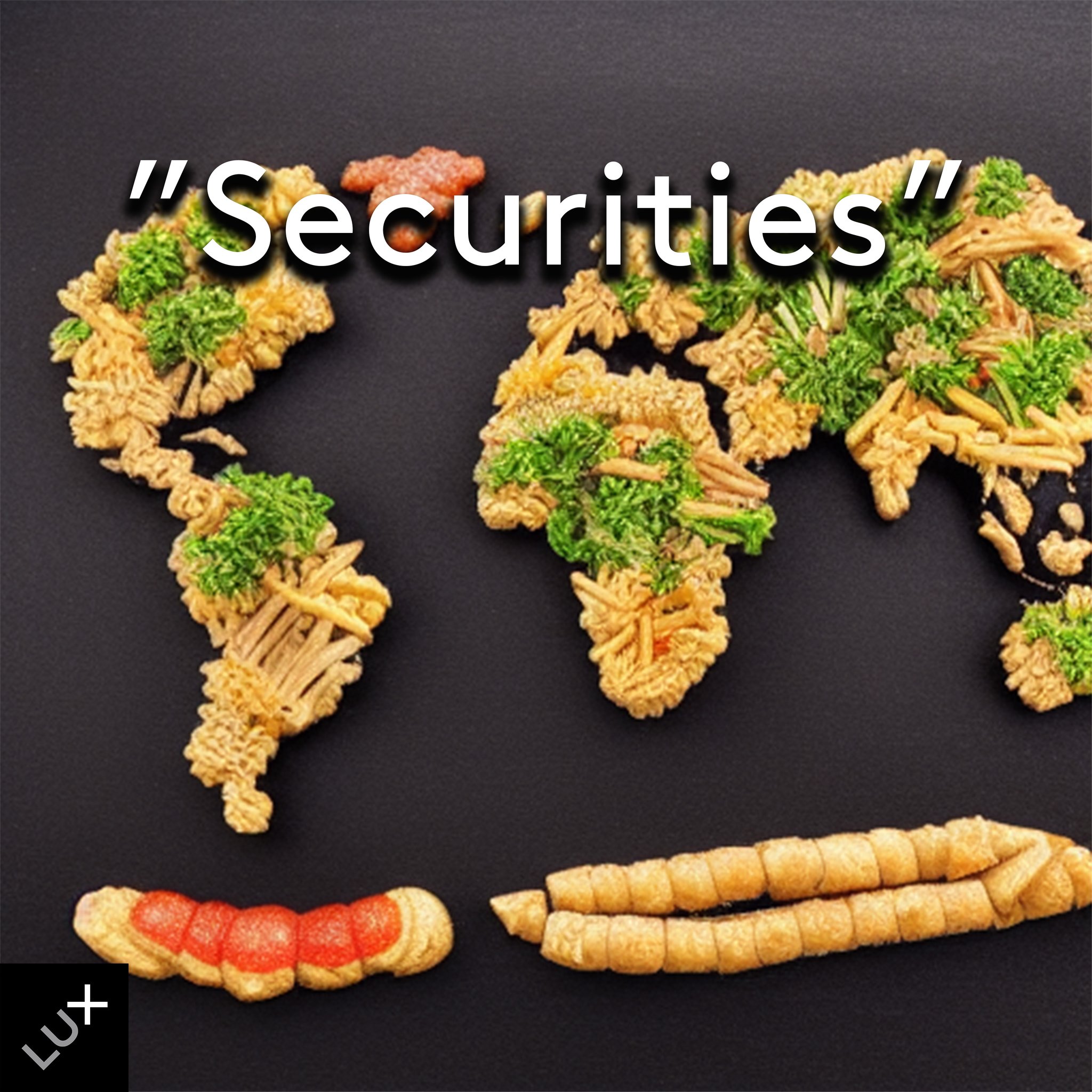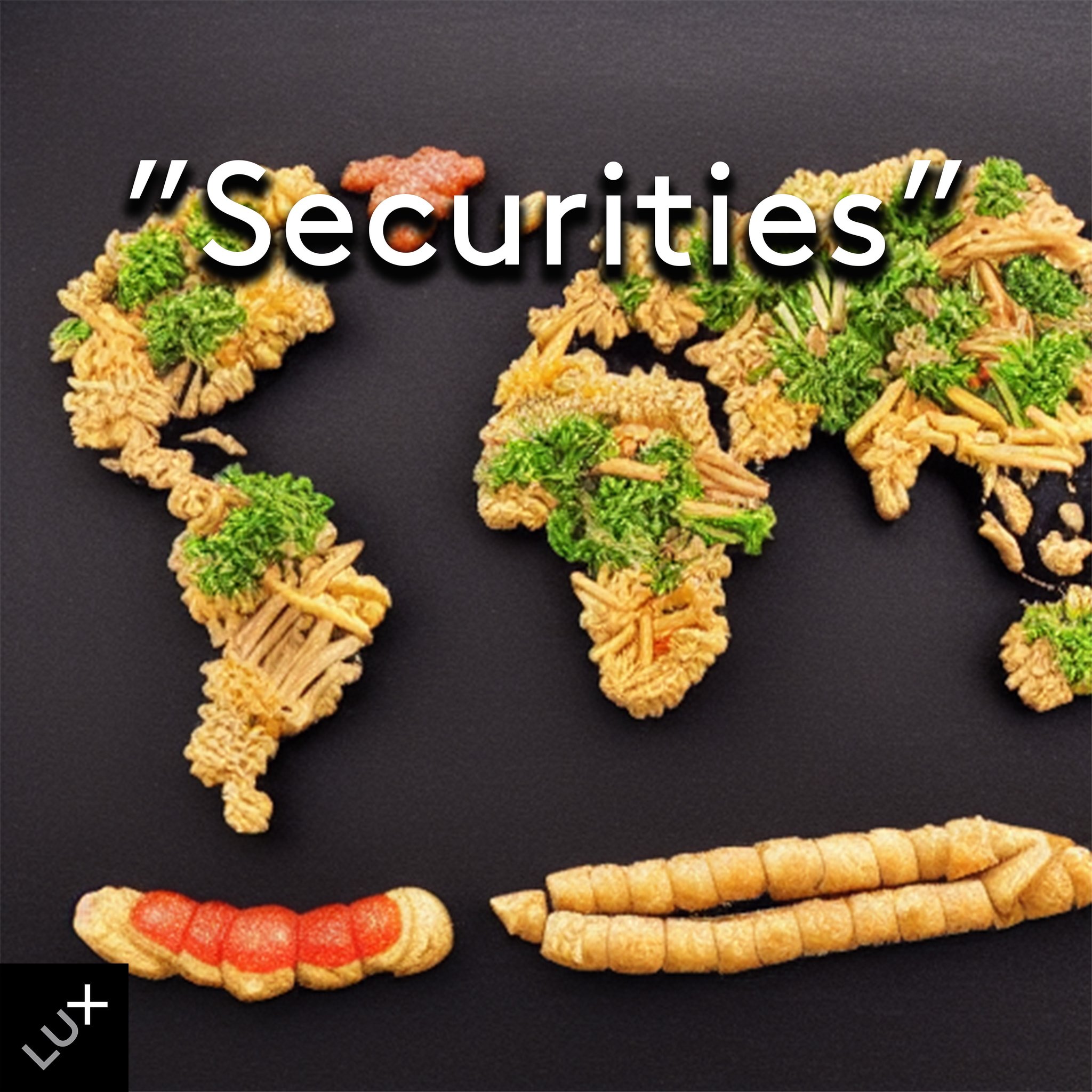Thread by Danny Crichton
- Tweet
- Sep 22, 2022
- #Trading #Security(finance)
Thread
1) I wanted to understand more about what the looming food crisis means for trading houses and end consumers, so I brought two former CEOs of the largest trading houses onto the “Securities” podcast to talk more. Here are some highlights:
2) I had on the podcast Chris Mahoney, former CEO of Glencore Agriculture (and now known as Viterra), as well as Soren Schroder, former CEO of Bunge, the “B” of the ABCD of ag trading
3) There are immense challenges going on in ag commodities right now, from the aftermath of COVID-19, to Russia’s war on Ukraine, to huge climate disruptions. Schroder though was optimistic. “Global agricultural markets as a whole have always had a way of sorting things out.”
4) Mahoney said that “I think we had a prolonged period, certainly as far as industrial commodities and energy are concerned, with under investment, because investment was broadly discouraged.” CEOs are answerable to shareholders, who didn’t want to spend on resiliency
5) He thinks ag commodities will do better than metals or energy right now, since price cyclicality is a much more intrinsic part of the business and ag companies are designed to accommodate huge gyrations in price and demand by geo
6) One challenge that Schroder emphasized is that the costs of building core infrastructure for commodities has skyrocketed, which has pushed companies to avoid investing in their next generation of physical plants
7) Schroder: “It is difficult to satisfy all investors at the same time if you're a public company. I saw many good cycles in my career, and I lived through a really rough one towards the end…”
8) “… where admittedly, we were probably accused of investing too much at a period where maybe shareholders would have preferred to see buybacks or bigger dividends or whatever.”
9) Regarding food, Mahoney emphasized that “the entire system relies on free markets.” That flexibility means that “the big businesses were big enough and sufficiently globally spread that if you had a problem in one particular origin, you would try and make up for it elsewhere.”
10) Today, too many governments are putting in export restrictions and trying to control agricultural trade flows, “and that exacerbates the problem.”
11) He emphasizes that the big ag firms today, “they're mostly not sitting around deciding whether the market is going up or the market is going down. They're thinking about how can they best move goods most efficiently. Everything has to be tied to perfection.”
12) Schroder agreed. “You have to optimize for logistics, quality, price, time, all at the same time, real time, everywhere in the world at the same moment.”
13) He continued. “The digital age is certainly facilitating [precision ag trading]. We can do that now in real time, with not only huge amounts of historical data, but also the use of all the fancy tools, including AI, to make those types of decisions even better.”
14) Mahoney noted that digitalization still has a long way to go though. “You're still largely transacting on the telephone, or maybe WhatsApp. In some cases, you're sending and receiving hard copy signed contracts … elements of it that are still pretty archaic.”
15) Schroder said that “in some ways, agriculture, for all its sophistication, is still behind the curve in terms of digitizing how business gets done. That doesn't mean it's super opaque … I think, especially when it comes to global trade, it's pretty dated.”
16) Mahoney pointed out that some secretiveness was a competitive edge, but today, “you still have to trade around the asset base, but it's the asset base itself, and the logistics around that and the efficiencies around that, that provide the greater part of the earnings.”
17) Schroder: “It takes a long time, from farm level through the whole value chain, to embrace new technology. We will still need soil to produce crops in 10 years, but how we do it will be quite different.”
18) If you’re interested in the future of digital commodities trading, check out @VosborExchange and Lux’s investment thesis about the space: luxcapital.com/news/investing-in-vosbor-to-digitize-agricultural-commodity-trading/
19) And listen to the whole “Securities” podcast episode “The geopolitics and digital future of agricultural commodities” in your favorite player: anchor.fm/securities/episodes/The-geopolitics-and-digital-future-of-agricultural-commodities-e1njtqd

